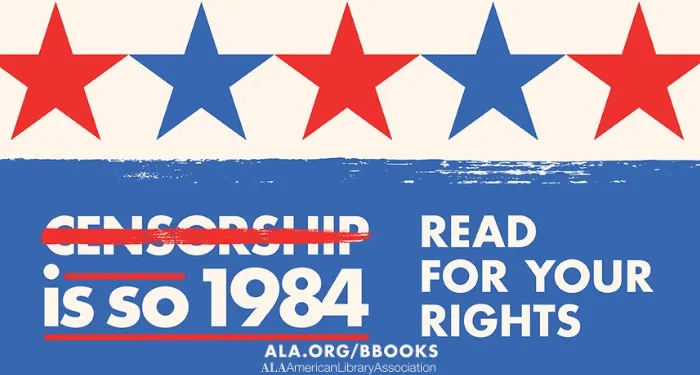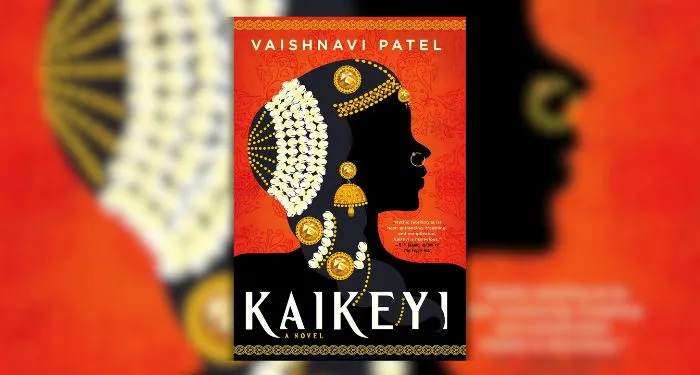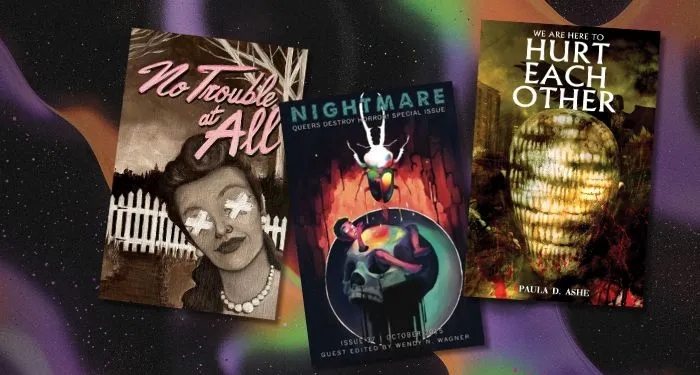Rachel is a writer from Arkansas, most at home surrounded by forests and animals much like a Disney Princess. She spends most of her time writing stories and playing around in imaginary worlds. You can follow her writing at rachelbrittain.com. Socials: @rachelsbrittain
The historical fiction news is in! We’ve got a new Nobel Prize winner, unending censorship issues, and a new book from Phillipa Gregory. Keep on reading to find out more!
Master of Hungarian Absurdism Wins the Nobel
László Krasznahorkai was named as the newest winner of the Nobel Prize in literature on Thursday, October 9th, according to the Associated Press. The judges noted how his legacy as a writer with twenty-plus novels to his name is a reminder of the power and importance of art in the midst of “apocalyptic terror.” The judges called Krasznahorkai, some of whose novels consist of only one or two long sentences, a “great epic writer” of “absurdism and grotesque excess.”
In Banned Books News…
In Hawaii, Banned Books Week has gotten a rebrand. Banned Book Week is a national campaign to highlight the harmful and dangerous nature of censorship, celebrated throughout the U.S. Hawaii has renamed the campaign as the “freedom to read.” That might sound fine, good even, if you don’t know the context behind it. New guidelines from the Hawaiian State Public Library System, however, show how it’s just another attempt at censorship. Why? Well, libraries in Hawaii were prohibited from using the words “censorship,” “banned,” and the phrase “banned books week” in their Banned Books Week—ahem, Freedom To Read—displays. Also banned: any imagery using caution tape, flames, slogans, or material from the ALA (or American Library Association), the organization behind Banned Books Week since 1984.
Past Tense
Sign up for our weekly newsletter about historical fiction!
And that’s not all. In Kauai, Lani Kawahara, a librarian at the island’s largest library, created a display featuring some of the top books targeted by bans along with information about the books’ merits and commonly cited reasons for their bans, including race, gender identity, and sexuality. A banner atop the display proclaimed, “Freedom to Read.” The next day, Kawahara’s supervisor dismantled the display, leaving behind only the books and banner, so that all the context behind censorship efforts was completely removed. Kawahara was “flabbergasted” and said, “it’s important to get the facts out and I’m not allowed to put the facts in my display.” Seems like the ALA’s chosen 2025 Banned Books Week theme of “censorship is so 1984” might need to be renamed “censorship is so 2025.” Yikes, and may I say, yikes again.
Phillippa Gregory, Queen of Historical Fiction, On Where Her Love of the Genre Began
Phillipa Gregory’s newest novel about the Tudors, Boleyn Traitor, follows Jane Rochford Boleyn, the wife of Anne Boleyn’s brother George. In her interview with Country & Town House, the author talks about how she fell in love with historical fiction, the book that made her realize women were missing from our history books, and the book she’s always returning to. The entire interview is told through the books Gregory loves, from Pride and Prejudice to Delusions of Gender by Cordelia Fine.
If you want to find out more about the current state of book censorship in the United States, check out our Censorship Archives.




















 English (US) ·
English (US) ·